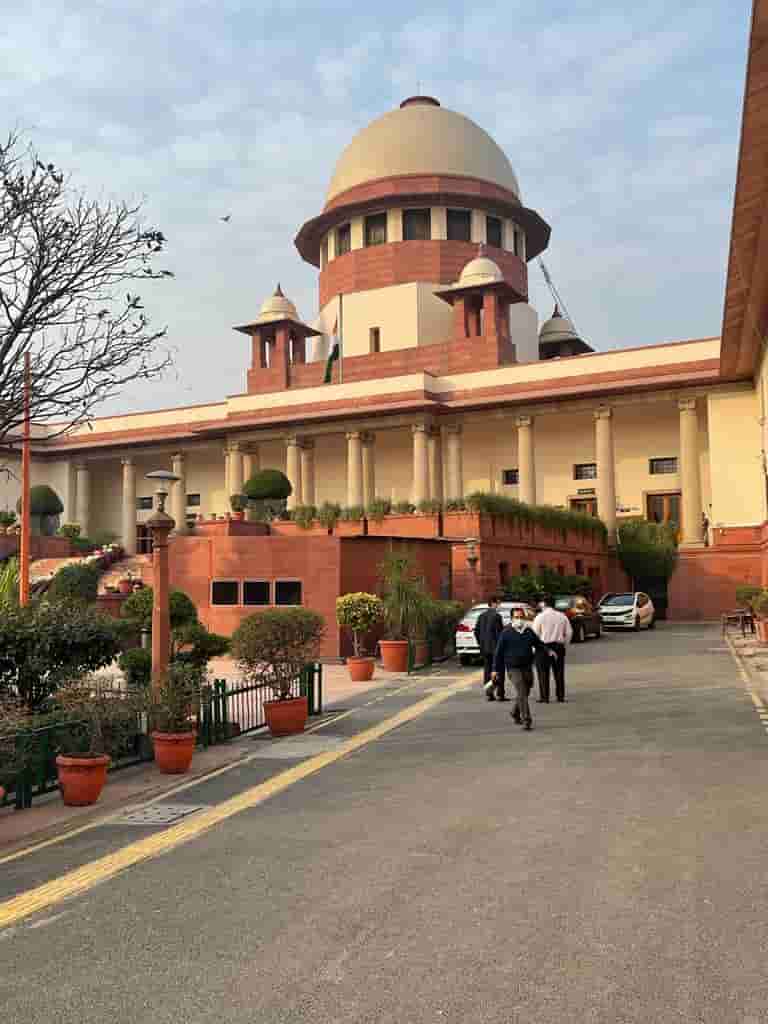The Supreme Court on Friday stayed the investigation going on against former Karnataka Chief Minister B.S. Yediyurappa in a corruption case related to discrepancies in awarding a contract of the Bangalore Development Authority (BDA) during his tenure as Chief Minister, between 2019-2021.
The Apex Court further issued notice to social activist T.J. Abraham on his petition, which challenged the Karnataka High Court verdict that restored a private complaint against him and his family members, including his son B.Y. Vijayendra and two others.
The Karnataka Lokayukta police had filed an FIR on September 16 against Yediyurappa, his son and state BJP vice president BY Vijayendra, and three of their family members in a corruption case.
They were booked under the Prevention of Corruption Act (PCA) and relevant Sections of the Indian Penal Code for allegedly taking bribe of Rs 12.5 crore to secure a project for Ramalingam Construction Company Private Limited from BDA.
Besides, the FIR named two businessmen as defendants, along with former BDA Commissioner G.C. Prakash and Cooperation Minister and former BDA Chairman S.T. Somasekhar.
On September 9, the High Court of Karnataka had allowed Abraham’s petition, after observing that since the request was not made by a police or law enforcement officer, there was no legal significance of waiting for the Governor’s sanction.
A special court had dismissed Abraham’s complaint on July 8, 2021 on the grounds that it required the Governor’s sanction as Yediyurappa was the Chief Minister then. It had observed that a probe under Section 156 (3) of the Criminal Procedure Code could not be imposed without getting proper sanction under Section 19(1) of the Prevention of Corruption Act.
The special court had further noted that the request for sanction had also been denied by then Governor Vajubhai Vala.
Section 156(3) of the Criminal Procedure Code empowers a magistrate to direct the concerned police officials to investigate an offence upon receiving a complaint outlining a cognisable offence.
Section 19 of the Prevention of Corruption Act deals with previous sanctions necessary for prosecution.


